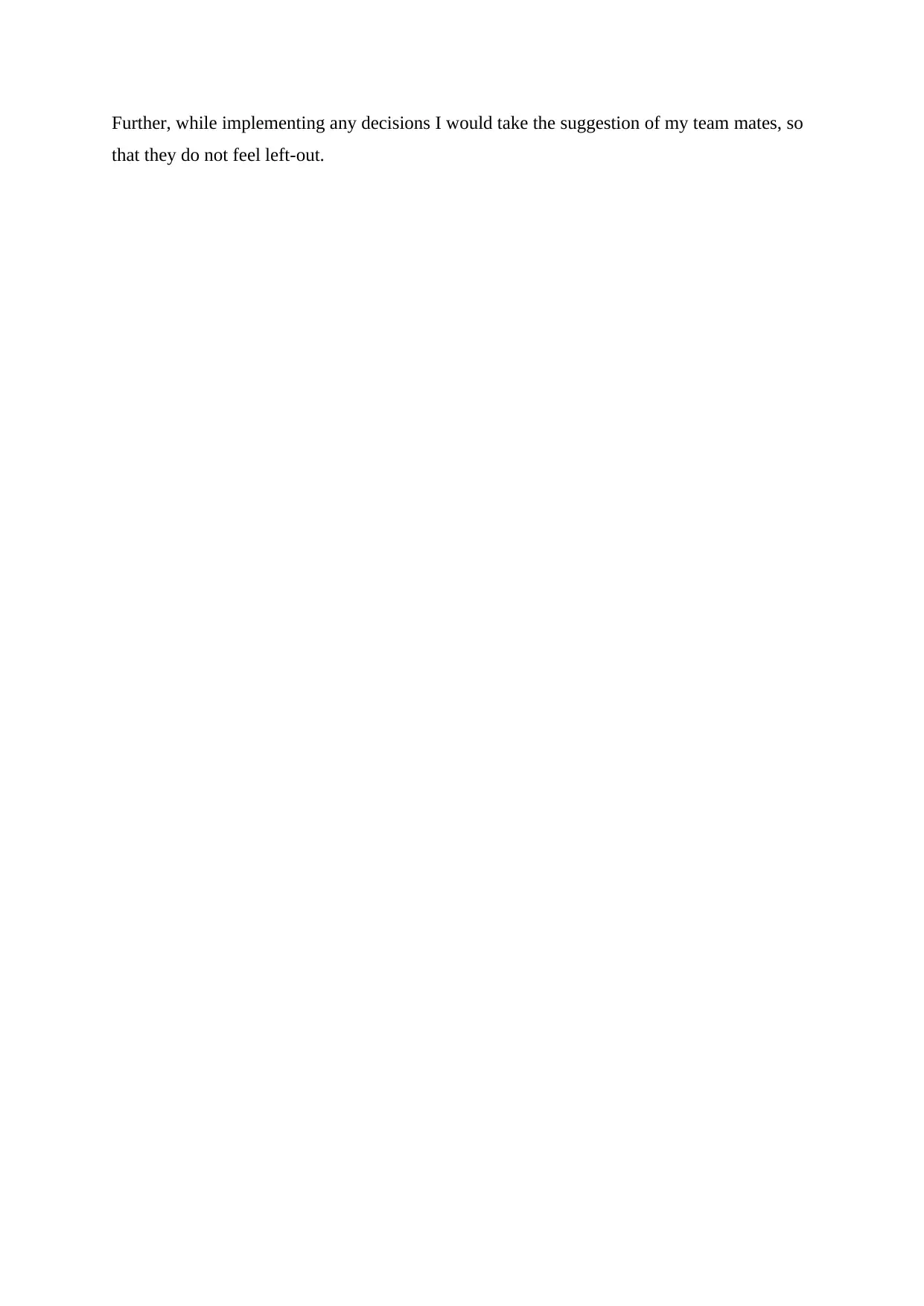Professional Leadership Journal: Proactivity Assessment and Healthcare
VerifiedAdded on 2023/03/30
|3
|586
|97
Journal and Reflective Writing
AI Summary
This assignment is a professional leadership journal entry focusing on the concept of proactivity and the individual's internal locus of control. The student reflects on an assessment revealing a proactive nature and an internal locus of control, highlighting the ability to take control of situations and approach challenges with a "can-do" attitude. The journal explores how this internal orientation is beneficial in the unpredictable field of healthcare, allowing for quick decision-making and the ability to adapt to adverse situations. The student discusses the importance of self-confidence, initiative, and the ability to identify opportunities for change. References to leadership theories and research are included to support the analysis of the student’s leadership style. The journal concludes with a recognition of the potential perception of arrogance and a commitment to maintaining open communication and teamwork.
1 out of 3










![[object Object]](/_next/static/media/star-bottom.7253800d.svg)